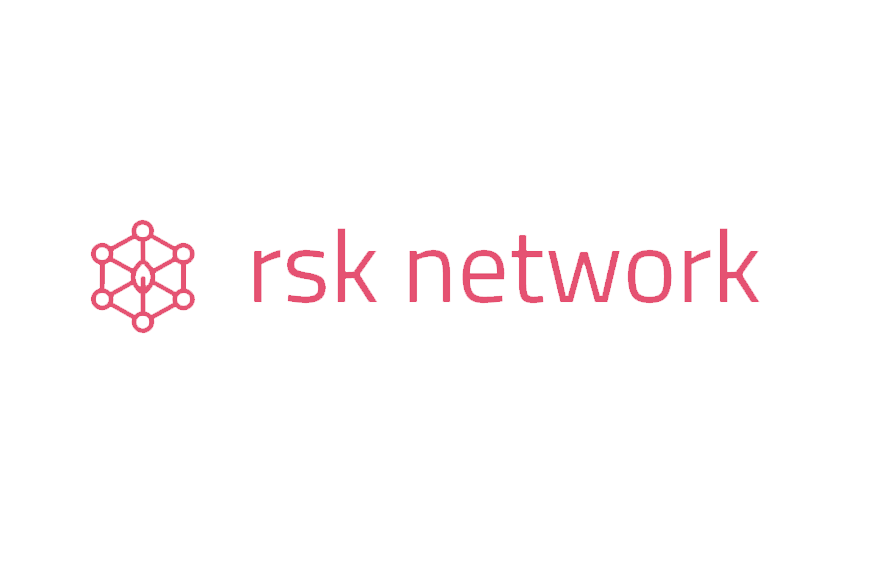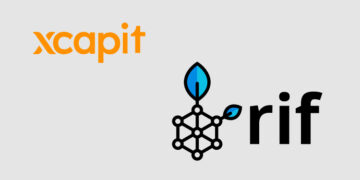RIF Labs, the purpose-driven organization led by RSK Labs’s founding team and other top executives, has announced that the RSK platform has become the most secure smart contract platform in the world, and second most secure blockchain behind the Bitcoin blockchain.
As reported by the Crypto51 website, which aggregates data from Mine the Coin, CoinMarketCap, and NiceHash, the cost to execute a 51% attack on Bitcoin costs US$ 244,853. By surpassing 45% of the hashing power of the Bitcoin network, an attack on the RSK Smart Contract Network would cost approximately US$ 112,000 per hour.
This makes RSK one of the most secure and reliable platforms for developers to build their dApps, and proves that merge-mining can succeed in securing Bitcoin sidechains.
“With Bitcoin miners able to secure both the Bitcoin blockchain and associated sidechains at essentially no added cost to operations, not only can these layer-2 solutions be confidently built out, but it facilitates the development of layer-3 services -— such as RIF OS — which will be vital to scale Bitcoin and RSK to service tens of millions of users while providing peer-to-peer financial services, secure messaging, data storage, and other forms of decentralized services powered by Bitcoin.”
RSK brings smart contract capabilities to the Bitcoin blockchain with a two-way 1:1 Bitcoin peg. RSK recently celebrated its one-year anniversary with several notable achievements, including an increase in merge-mining hashrate from 4% to over 45%; more than 50 partnerships between RSK and key partners across several industry verticals; and the launch of the Root Infrastructure Framework Open Standard (RIF OS), which provides blockchain and non-blockchain developers with P2P infrastructure services and software libraries to support easier and scalable dApp development.
RSK Labs has also developed a double-spend protection method for high-valued payments (>30 minutes of confirmation) on merge-mined side-chains, requiring the sole assumption of good network connectivity. The method works by enabling RSK nodes to monitor RSKBLOCK tags on Bitcoin blocks in order to detect partially hidden and selfish chains of RSK blocks that could represent a double-spent attack preparation. With this development, RSK has closed a previously unsolved security gap between merge-mined sidechains and their mainchain.
“The new Internet of Value is emerging, and its future is brighter than ever as evidenced by the incredible progress the Bitcoin ecosystem had over the past year,” added Zaldivar.






















